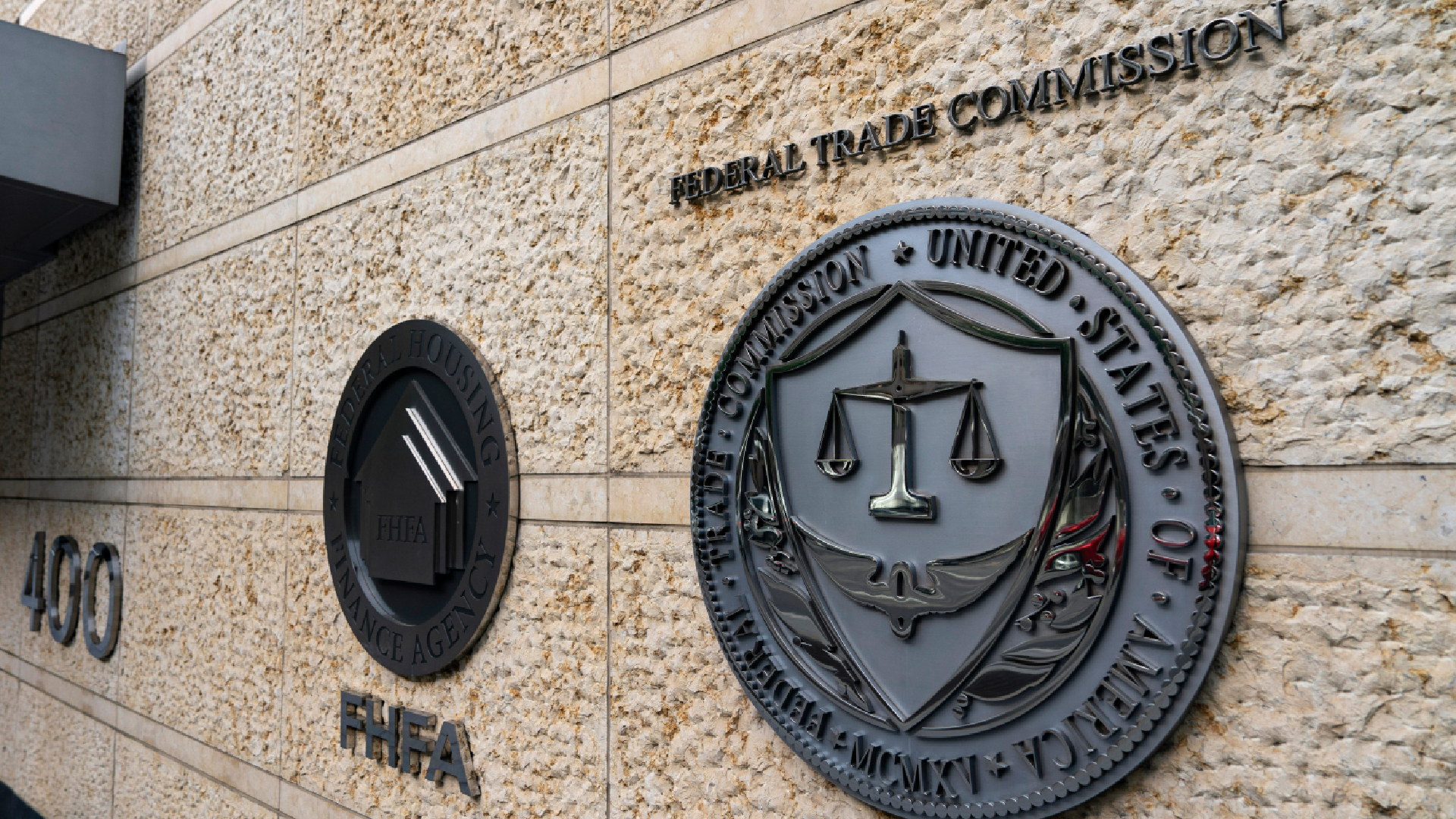
Five's a good start sure, but I'll bet this has made a few AI hype merchants more than a little worried.
The internet is awash with companies using the “magic-in-a-box” nature of AI to hype their often-dubious products, and it seems like the Federal Trade Commission is finally taking action. The US government consumer protection agency has announced Operation AI Comply to combat “operations that use AI hype or sell AI technology that can be used in deceptive and unfair ways,” kicking things off with five companies that it reckons have fallen foul of existing consumer protection laws.
Top of the list is DoNotPay, an AI legal assistant that the FTC says did not deliver on its promises to “sue for assault with a lawyer” and “replace the $200-billion-dollar legal industry with artificial intelligence.” The complaint alleges that DoNotPay offered a service that it claimed would check a small business website for “hundreds of federal and state law violations”, which the FTC says was not effective, along with allegations of a lack of testing to determine if the output was equal to the level of a human lawyer.
DoNotPay has reportedly agreed to a settlement requiring it to pay $193,000 in fines, along with providing a notice to consumers who made use of the AI features between 2021 and 2023 warning them of the limitations of its service.
The FTC has also filed against Ascend Ecom, a company it describes as an “online business opportunity scheme” (if that description doesn’t set off red flags, I don’t know what will) that the FTC alleges “defrauded consumers of at least $25 million” and promised to produce a five-figure monthly income by the second year of subscription.
Also on the list is Ecommerce Empire Builders—a name that seems like it should set off sirens and tip a bucket of water over your head at its mere mention—Rytr, an AI writing assistant that allegedly writes deceiving reviews, and FBA Machine, “a business opportunity scheme that allegedly falsely promised consumers that they would make guaranteed income through online storefronts that utilized AI-powered software.”
FTC Chair Lina M. Khan said: “The FTC’s enforcement actions make clear that there is no AI exemption from the laws on the books. By cracking down on unfair or deceptive practices in these markets, FTC is ensuring that honest businesses and innovators can get a fair shot and consumers are being protected.”
Well, good. While plenty of companies have been happy to bolt AI features onto their products and services to ride the AI hype train, they’re still required to not mislead the consumer with what they can actually achieve—and it seems like the FTC are going after some particularly egregious-looking examples to start off with.
Of course, there are some legitimate uses for AI that are already active in the real-world and potentially doing some good. But snake-oil salesmen will always jump on the latest fad to make a quick buck, and we can only hope that, through continued action like this, many might finally be held to account for their ill-gotten gains.






